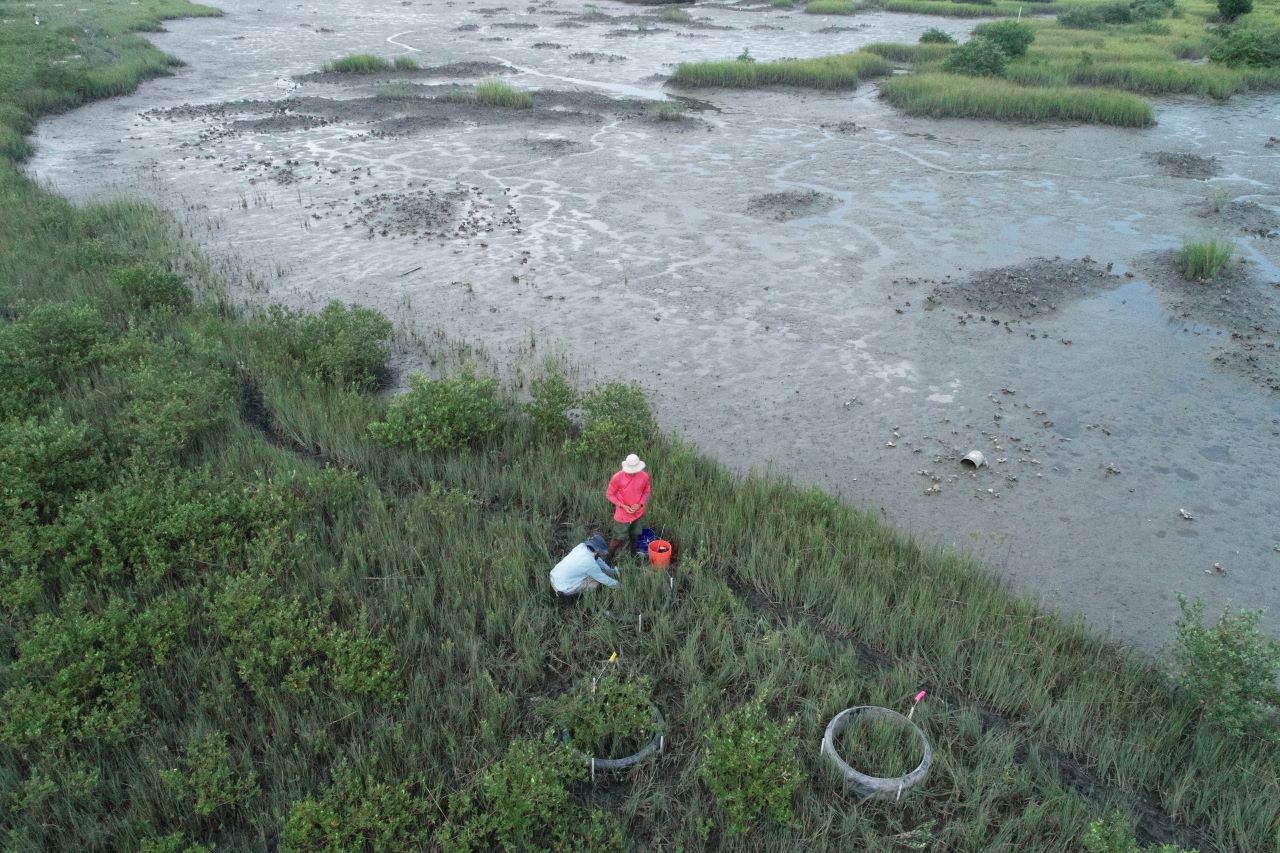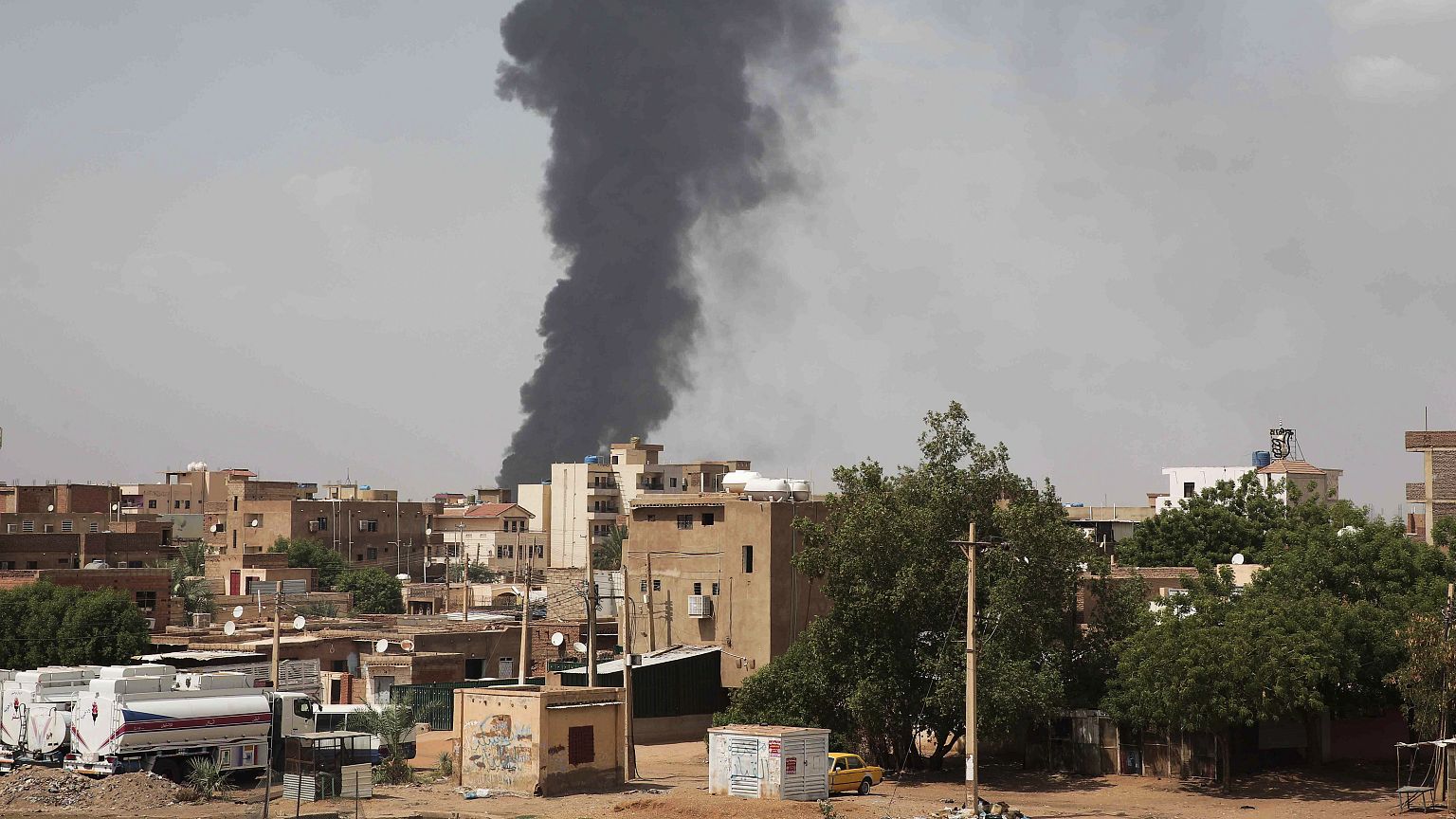Givaudan Achieves Rainforest Alliance Certification for Vanilla Extracts in Europe
Givaudan has announced the attainment of Rainforest Alliance certification for a selection of its vanilla extracts marketed across Europe. This certification underscores the company’s enduring commitment to sustainable development, aligning closely with the United Nations Sustainable Development Goals (SDGs), particularly those related to responsible consumption and production (SDG 12), climate action (SDG 13), and life on land (SDG 15).
Commitment to Sustainable Sourcing and Community Support
The certification is a testament to Givaudan’s Sourcing4Good programme, which supports environmental protection and community development. Gwen Kastler, Regional Product Manager for Vanilla, emphasized that the certification responds to the increasing demand from environmentally conscious consumers and promotes a sustainable future for both ecosystems and local communities.
- Enables customers to display the Rainforest Alliance frog seal on packaging
- Encourages conscientious consumer purchasing decisions
Rainforest Alliance Certification and Its Impact
The Rainforest Alliance certification is a globally recognized standard promoting sustainable agricultural practices. It supports farmers by:
- Protecting the environment
- Improving farmer livelihoods (SDG 1: No Poverty; SDG 8: Decent Work and Economic Growth)
- Promoting human rights of farm workers (SDG 8 and SDG 10: Reduced Inequalities)
- Helping mitigate and adapt to climate change (SDG 13)
Since 2014, SOMAVA, a joint venture between Givaudan and Henri Fraise Fils et Cie, has worked directly with farmers in Rainforest Alliance Certified villages in Madagascar. This partnership ensures full traceability of vanilla beans cultivated in Madagascar, which are processed in Givaudan’s European extraction facility in the Netherlands.
Supporting Madagascar’s Vanilla Farmers through the Givaudan Foundation
Givaudan’s initiatives extend beyond certification to tangible community support in Madagascar, contributing to several SDGs:
- Education: Construction and renovation of 30 schools benefiting over 4,500 children (SDG 4: Quality Education)
- Healthcare: Access to two healthcare centres serving more than 1,000 patients annually (SDG 3: Good Health and Well-being)
- Clean Water: Provision of clean water to over 10,000 villagers (SDG 6: Clean Water and Sanitation)
- Environmental Sustainability: Distribution of 4,000 energy-efficient cooking stoves to vanilla farmer households (SDG 7: Affordable and Clean Energy)
- Environmental Education: Programs in 10 schools promoting sustainability awareness (SDG 12 and SDG 13)
- Energy Efficiency: Establishment of energy-efficient institutional kitchens in two schools
Expertise in Vanilla Flavorings and Sustainable Product Offerings
With over a century of experience in extracts and flavor creation, vanilla remains a key component of Givaudan’s portfolio. The company offers a broad range of vanilla extracts and flavorings that meet various certification standards, including:
- Rainforest Alliance Certified
- Organic Certified (Ecocert)
- Tailor-made vanilla solutions
This diverse portfolio enables Givaudan’s customers to collaborate with expert flavourists to develop exceptional food experiences that delight consumers while fostering trust through sustainable and ethical sourcing.
1. Sustainable Development Goals (SDGs) Addressed or Connected
- SDG 1: No Poverty – Supporting local livelihoods and improving the economic conditions of vanilla farmers in Madagascar.
- SDG 2: Zero Hunger – Improving agricultural practices and supporting farmers to enhance food security and sustainable agriculture.
- SDG 3: Good Health and Well-being – Providing access to healthcare centers and promoting health through energy-efficient cooking stoves.
- SDG 4: Quality Education – Building and renovating schools to provide better learning environments for children.
- SDG 6: Clean Water and Sanitation – Facilitating access to clean water for villagers.
- SDG 7: Affordable and Clean Energy – Providing energy-efficient cooking stoves and institutional kitchens.
- SDG 8: Decent Work and Economic Growth – Promoting sustainable agricultural practices and supporting farmers’ livelihoods.
- SDG 12: Responsible Consumption and Production – Rainforest Alliance certification promotes sustainable sourcing and production.
- SDG 13: Climate Action – Helping farmers mitigate and adapt to climate change through sustainable practices.
- SDG 15: Life on Land – Protecting biodiversity and ecosystems through sustainable agricultural practices.
2. Specific Targets Identified Under Those SDGs
- SDG 1: Target 1.2 – Reduce poverty by supporting economic livelihoods of farmers.
- SDG 2: Target 2.3 – Double agricultural productivity and incomes of small-scale food producers.
- SDG 3: Target 3.8 – Achieve universal health coverage and access to quality healthcare services.
- SDG 4: Target 4.1 – Ensure all children complete free, equitable and quality primary and secondary education.
- SDG 6: Target 6.1 – Achieve universal and equitable access to safe and affordable drinking water.
- SDG 7: Target 7.1 – Ensure universal access to affordable, reliable and modern energy services.
- SDG 8: Target 8.3 – Promote development-oriented policies that support productive activities and decent job creation.
- SDG 12: Target 12.2 – Achieve sustainable management and efficient use of natural resources.
- SDG 13: Target 13.1 – Strengthen resilience and adaptive capacity to climate-related hazards.
- SDG 15: Target 15.1 – Ensure conservation, restoration and sustainable use of terrestrial ecosystems.
3. Indicators Mentioned or Implied to Measure Progress
- Number of schools built or renovated (4,500 children benefiting) – relates to SDG 4.1
- Number of healthcare centers accessed and patients served (over 1,000 patients annually) – relates to SDG 3.8
- Number of villagers with access to clean water (over 10,000) – relates to SDG 6.1
- Number of energy-efficient cooking stoves provided (4,000) – relates to SDG 7.1 and SDG 3.9 (health benefits)
- Number of schools receiving environmental education (10 schools) – relates to SDG 4.7 (education for sustainable development)
- Certification status under Rainforest Alliance – relates to SDG 12.2 and SDG 15.1 as a measure of sustainable agricultural practices and ecosystem protection
- Traceability of vanilla beans sourced from certified villages – relates to SDG 12.6 (sustainable practices and transparency)
4. Table of SDGs, Targets, and Indicators
| SDGs | Targets | Indicators |
|---|---|---|
| SDG 1: No Poverty | 1.2: Reduce poverty by supporting economic livelihoods | Support to vanilla farmers’ livelihoods through Givaudan Foundation initiatives |
| SDG 2: Zero Hunger | 2.3: Double productivity and incomes of small-scale food producers | Rainforest Alliance certification promoting sustainable farming |
| SDG 3: Good Health and Well-being | 3.8: Achieve universal health coverage | Access to healthcare centers serving 1,000+ patients annually; energy-efficient stoves reducing health risks |
| SDG 4: Quality Education | 4.1: Ensure completion of quality primary and secondary education | 30 schools built/renovated benefiting 4,500 children; environmental education in 10 schools |
| SDG 6: Clean Water and Sanitation | 6.1: Universal access to safe drinking water | Clean water access for over 10,000 villagers |
| SDG 7: Affordable and Clean Energy | 7.1: Universal access to modern energy services | Provision of 4,000 energy-efficient cooking stoves and energy-efficient kitchens |
| SDG 8: Decent Work and Economic Growth | 8.3: Promote policies supporting productive activities and decent jobs | Support for sustainable vanilla farming and farmer livelihoods |
| SDG 12: Responsible Consumption and Production | 12.2: Sustainable management of natural resources | Rainforest Alliance certification; traceability of vanilla beans |
| SDG 13: Climate Action | 13.1: Strengthen resilience to climate hazards | Farmers adopting climate-adaptive sustainable practices certified by Rainforest Alliance |
| SDG 15: Life on Land | 15.1: Conservation and sustainable use of terrestrial ecosystems | Protection of biodiversity through sustainable vanilla farming practices |
Source: foodtechbiz.com







